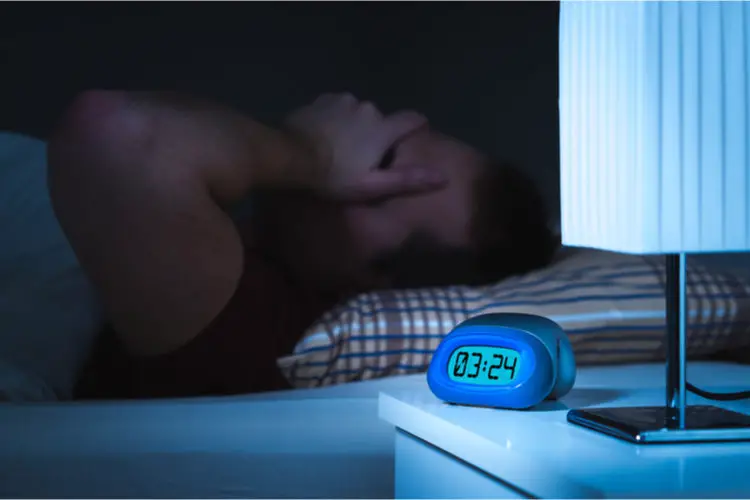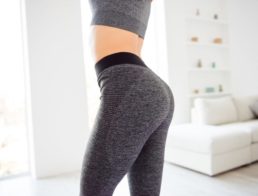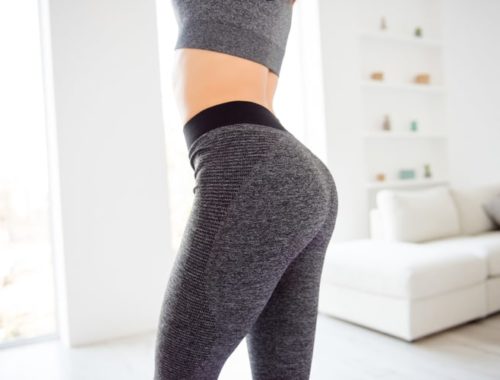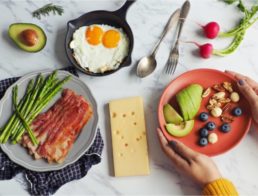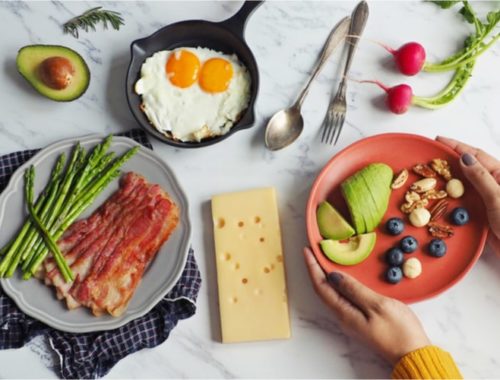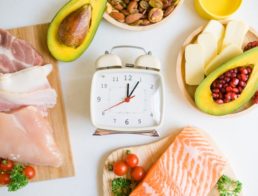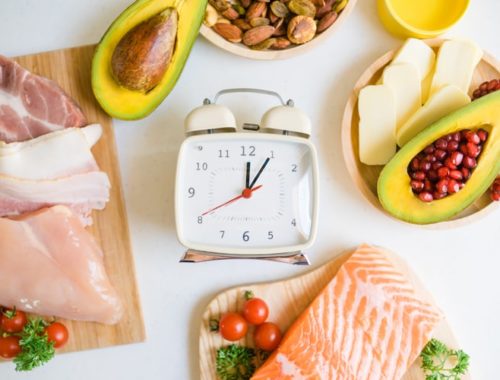If you’re reading this, then you’re probably not getting good sleep (or you’re trying to figure out how to fall asleep when you’re not tired). You came to the right place! Sleep is essential for your health, wellbeing and mood, so it’s important to get your sleep patterns under control.
In this article, we will discuss several tips on how to fall asleep. You can do some of these tips right now to give you a better chance at falling asleep! You will also find tips on how to change your overall lifestyle so that you can fall asleep better every night. Be sure to check out some of our favorite sleep-promoting products below! See if they work for you!
Tip #1: Have a regular sleep routine
Routines can help keep you on track and accountable for your actions. Whether it’s regular healthy eating, or regular exercise, even having a regular sleep pattern is beneficial. Keep in mind that your weekend routine should be similar to how you set up your routine during the week. Also, don’t think you can make up for the workweek’s lack of sleep on the weekend. Regardless of the day, regularity is key!
Tip #2: Get the recommended amount of sleep
It is recommended that adults get between 7 to 8 hours of sleep. If you get more or less sleep than what is recommended, you may notice fatigue, sluggishness, mood changes and irritability. Here are the sleep recommendations from the US Department of Health and Human Services:
| Editor’s Picks | Brand | Rating |
|---|---|---|
| Best Overall | Breville BFP800XL Sous Chef Food Processor | 4.5 |
| Runner Up | Robot Coupe Magimix 12-Cup Food Processor | 4.3 |
| Best Budget Buy | Hamilton Beach 70820 Stack & Snap Food Processor | 4.5 |
| Best Small Food Processor | KitchenAid KFC3516ER 3.5 Cup Mini Food Processor | 4.1 |
| Best Large-Capacity Food Processor | Cuisinart DFP-14BCNY 14-Cup Food Processor | 4.3 |
Tip #3: Have a snack that helps you sleep
Research shows that having a small snack before bed can help you have a better night’s sleep. Furthermore, low blood sugar from not eating can wake you during the night. You may even feel anxious as this is the body’s way of telling you that your blood sugar is low. Low blood sugar can be an issue for anyone, but especially those with diabetes and/or those taking diabetic medications. If you have diabetes, talk to a registered dietitian about your carbohydrate intake and what snacks you should consume at night.
For the general public, have a snack that contains both carbohydrates and protein. Carbohydrates can raise your blood sugar, which has a sleeping effect. Protein helps you stay full throughout the night so that you don’t wake up hungry later on. Bedtime snacks to consider:
- Banana + 1 tablespoon nut butter
- 8 ounces of milk
- 1 ounce of cheese
- ½ cup of oatmeal + milk
Tip #4: Try some sleep-promoting foods
Aside from consuming a snack that contains carbohydrates and protein, there are specific foods that contain sleep-promoting components. Such components are tryptophan and serotonin, which are naturally found in some foods. Add these items to your dinner or late night snack so that your body is ready for bedtime:
- Turkey
- Avocado
- Kiwi
- Walnuts
- Chickpeas (i.e. hummus)
Tip #5: Limit or avoid alcohol before bed
While you may think that a night cap will help you sleep, research shows that alcohol before bed can actually decrease the quality of your sleep. According to the National Sleep Foundation, alcohol may make you fall asleep, but then you may wake up in the middle of the night.
Tip #6: Time your caffeine intake
Timing of your caffeine intake from coffee, tea and/or soft drinks can really have an effect on your sleep cycles. If you consume caffeine, try to avoid consuming caffeine after noon. Also, think about how much you consume during the day. According to the 2015-2020 Dietary Guidelines for Americans, it is recommended to limit caffeine to 400 milligrams per day (1).
Tip #7: Avoid large meals before bed
Aside from the fact that food gives you energy, having a large meal within 2 hours of bedtime can keep you up. Large meals can cause stomach distention and aggravate bloating, heartburn and flatulence, making you really uncomfortable! Who can fall asleep like that?
Tip #8: Stop screen time
Some research shows that blue light from our phones, TVs, computers and tablets can stimulate the brain and keep you awake. To help combat blue light, avoid using such devices at least 2 to 3 hours before you will try to go to sleep (2). If you simply cannot limit your screen time, try turning down the brightness on the screen. You can also try using blue light-blocking glasses like the Gunnar Optiks Computer Glasses. If you already have glasses, then try these clip-ons. Also, consider using this anti-blue light computer screen cover by VizoBlueX. While the research is still ongoing behind these products, they are something you can try to see how they affect your sleep patterns.
Tip #9: Don’t stress about it
It’s one thing to not be able to fall asleep, but it can get a whole lot worse if you start tossing, turning and stressing about it! If you find yourself wide awake and stressing, allow yourself to engage in a relaxing activity until you become tired. Relaxing activities that do not involve screen time include reading a book (not on your phone), meditation, yoga and/or taking a bath. Try to do these activities in low light in order to “set the mood” for bedtime. You may notice sleepiness setting in in as little as 15 minutes.
Tip #10: Avoid taking naps during the day
If you are having trouble with sleeping at night, and you tend to doze off during the day or after work, then don’t! When we allow ourselves to take naps during the day and then have trouble at night, this can indicate your sleep schedule is off. Keep yourself up and active during the day so that you will be tired enough at night to sleep.
Looking for more ways to live a better life?
Check out our article about how to live longer and feel better!
